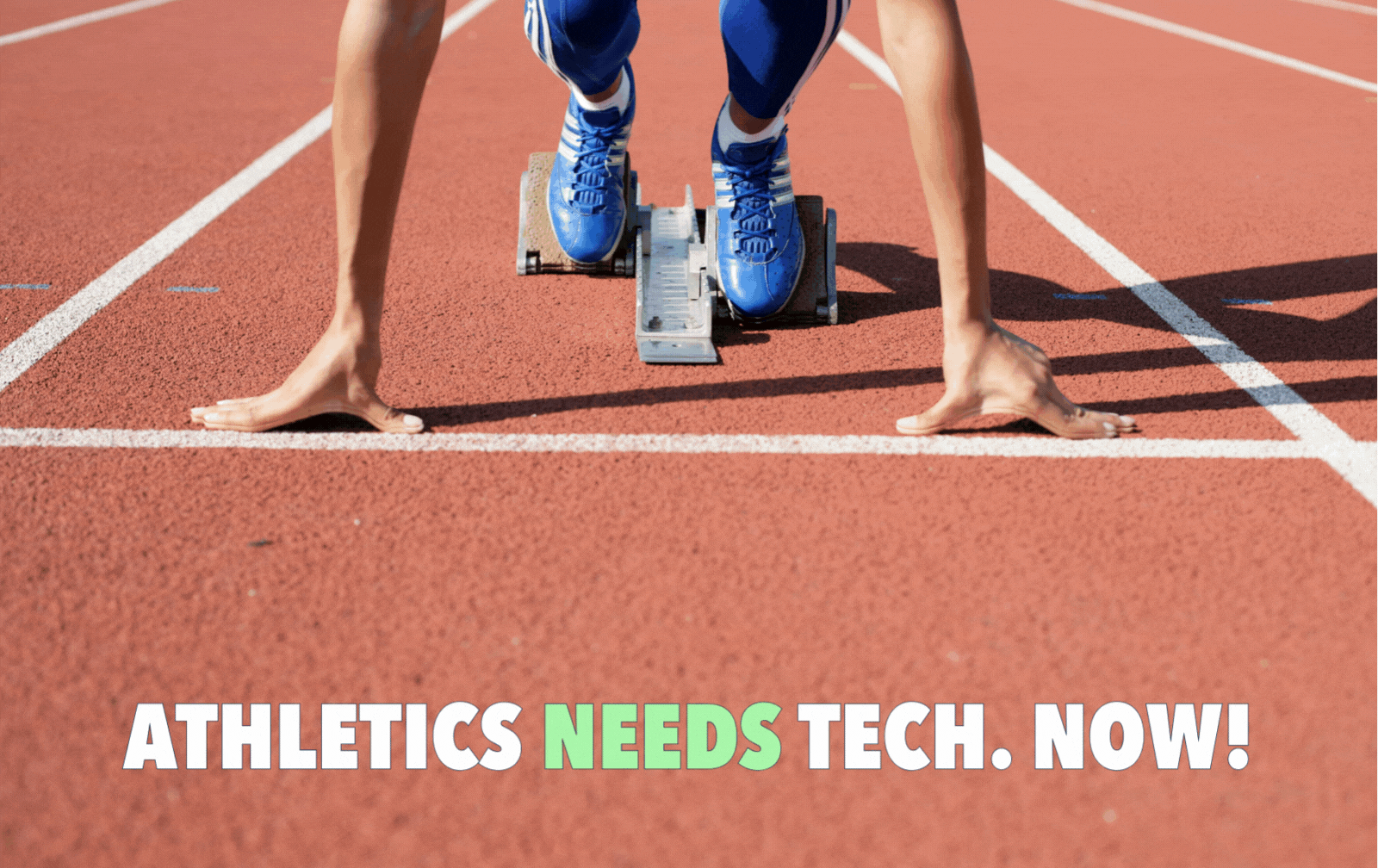The World Championships in Tokyo might be remembered for medals and records, but one of its most important legacies should be how it manages its officials.
Straight from the ‘Captain Cock-up’ playbook of the 1993 Grand National, the Tokyo marathon saw a false start. This was unprecedented and ridiculous, over 43km it would have made no competitive difference.
In some of the shorter distances we saw officials make some questionable ‘black card/yellow card’ calls, prompting the hugely experienced BBC commentary team to admit they were baffled.
Far more troubling were inconsistencies in the middle-distance races. The second women’s 1500m semi-final was a scrappy affair from the gun and concluded with a disqualification, robbing one athlete of her place in the final. A very similar incident was seen in the men’s race but no action was taken.
Penalizing athletes this way doesn’t just break hearts and unleash social media backlash, there’s real financial pain through lost sponsor deals and winning bonuses.
The problem is systemic. Too many officials lack meaningful experience in the sports they oversee; it might be disingenuous to suggest that some relish their time in the sun a little too warmly, but why else would they make the calls they do? To determine sport at this level fairly requires an appreciation of the realities of competition, not simply citing the rulebook.
Other sports have already shown that technology, although imperfect, is invaluable. VAR has raised football’s officiating accuracy to around 95%, while the TMO in rugby, ELC in tennis, and DRS and Hot Spot in cricket are largely viewed as excellent additions to the game.
Athletics is a struggling sport and simply has to take action. There are some excellent emerging tools designed specifically for the nuances of running – maybe not head twitches – but which could measure and analyse contact. Applied intelligently, they could provide less experienced officials with objective benchmarks as well as giving athletes confidence that their fate is judged fairly.
Rather than see this as an admission of weakness, if athletics embraces this opportunity it could be pivotal. No one is suggesting that Tokyo will be remembered as a managerial miasma, but if we are still talking about how officials damage fair sport at the next Championships, it might be another big opportunity missed.
Want more like this?
Sign up to Access Innovation – the newsletter that tells you what’s next before it ends up in your competitor’s performance stack.




No comment yet, add your voice below!